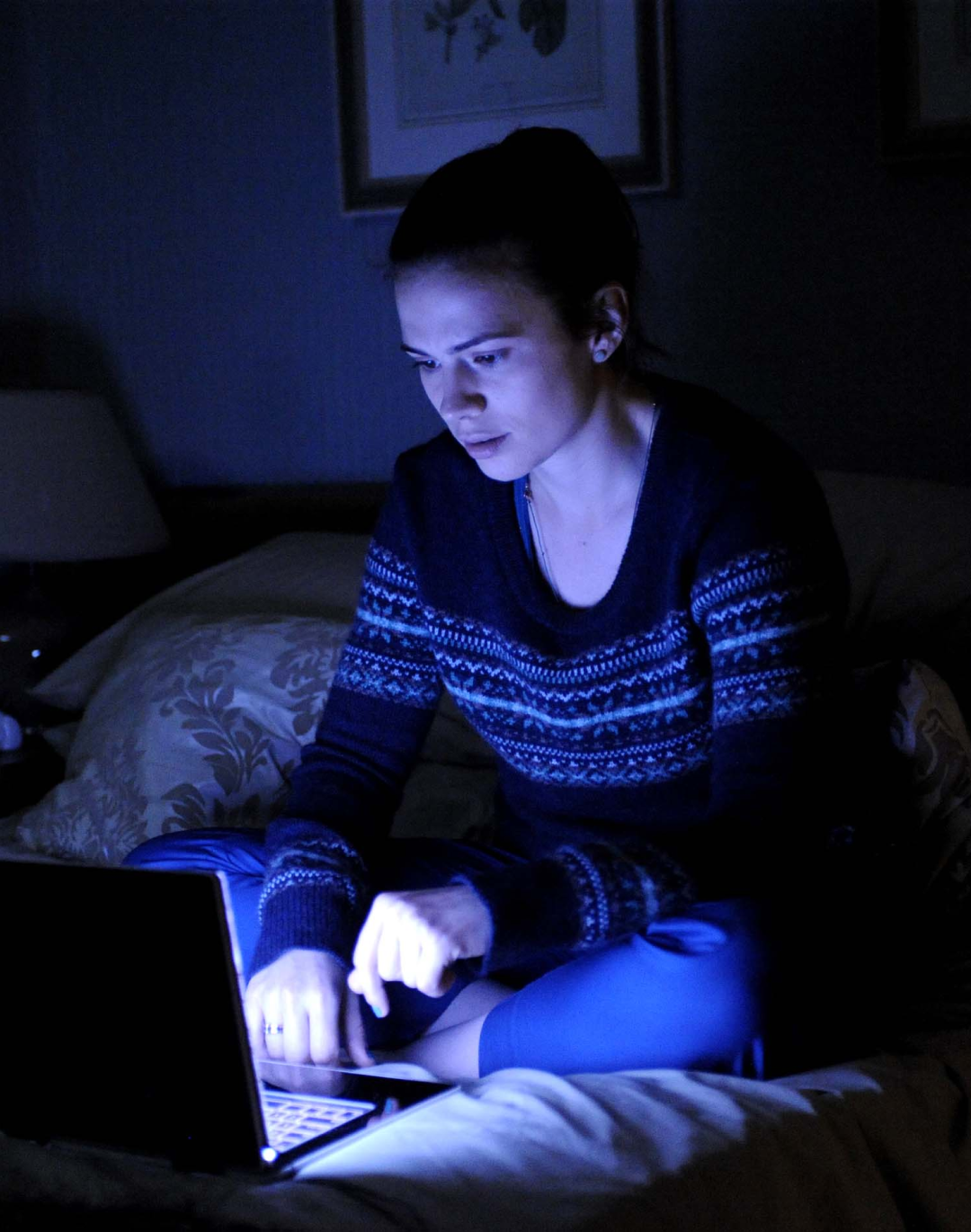
The relationship between mental health and celebrity culture "The poor are crazy, the rich are eccentric"
Since Kanye West's social delirium has reignited like a whirlwind made of memes, caps lock captions, social invectives against Pete Davidson, Kid Cudi and Billie Eilish, as well as statements about his ex-wife and children bordering on denunciation, Ye has once again been able to polarize the public between those who have mocked and scorned him and those who instead are ready to support him with their eyes closed regardless of what he does. «I hate being / Bi-Polar / its awesome»: it is well known that the rapper, 22-time Grammy Award winner, has been struggling with bipolar disorder for years and that for some time now he has stopped taking the drugs designed to stabilize this disorder, precisely because of the numbness that drugs such as lithium can cause in patients who take them, suppressing their creativity. However, his decision to forgo treatment, as well as his active presence on social media while dealing with manic episodes - which have led him in the past to controversial public statements such as revelations about whether or not he should have an abortion during his wife's first pregnancy - have caused serious consequences, including, presumably, divorce with Kim herself.
At the same time, last November, the conservatorship to which Britney Spears was subjected and which she herself has defined a "cruel nightmare", was revoked in Los Angeles, in the same court where it all began 14 years ago. Activated in February 2008, after two psychiatric hospitalizations and the request of her father James "Jamie" Spears, who at the time claimed that his daughter was suffering from dementia, the legal guardianship is over, leaving Britney free to publish rather disturbing videos in which she devotes herself to ballet and pole dancing, in general amusement. But "who's really the bad guy in these stories?" One wonders by scrolling through the comments below the posts, where galvanized fans side with one faction or the other.
In the new documentary Jeen-yuhs: A Kanye Trilogy, West talks about how the drugs have made him gain weight, including "the times when I felt suicidal, there are still times when I'm addicted to Percocet without even realizing it". In the interview with David Letterman for Netflix, on the other hand, he had expressed himself on bipolarism in a diametrically opposite way, comparing the disease to a "superpower", a concept he had already expressed in Yikes: «When you're imposing, your personality expresses itself in a stronger way.» In the midst of a manic episode, Kanye claims to feel «a greater connection to the universe» and to be able to use the stigma reserved for "crazy people" in his favor to talk about things that shouldn't be talked about, without consequence: «If I find something that people don't want me to notice or think or say out loud, they'll say, 'Oh, he's just crazy.' And then I go home. If they didn't think I was crazy, that could be a problem.»
Suffering from bipolar disorder is a bit like finding yourself at the mercy of a series of uncontrollable forces that seem to come from outside yourself, a Pindaric swing between contemplation of the beauty of creation and outright nihilism. To call it a superpower, to think of it all as a gift offered by God to illuminate the mediocre lives of fans with his art, is perhaps the only way for Ye to accept and overcome a reality and a body that too often escapes his control. While the conversation about mental health has been cleared through social media and celebrities who have spoken publicly about their private struggles, Instagram, Tiktok, and Facebook remain insidious stages on which express oneself openly about deeply intimate topics. The relationship between social media and mental health is by no means a new topic, Bella Hadid's recent admissions have sparked new discussions on the subject: there is a sense of "removal" in exposing oneself about problems on social media, as if the screen acted as a barrier. Thanks to social networks and a certain television seriality that has set the language on a more fluid and inclusive level, among Millennials and Gen Z there is more awareness, inclination and openness in living with the disease, rather than denying and rejecting it, at the same time weighing the fear of losing a job in an uncertain socio-economic context, of being abandoned or judged by relatives and friends, of being discriminated against and treatments are not always affordable.
Kanye fights social stigma by refusing to hide his disorder and speaking out about it publicly, «A hundred years ago they would have locked his uncle in the other room.Yeah, 'Don't go in the attic, Bob's in the attic, and now the attic is right here» he says, smiling at the Letterman audience. But the real problem is that Kanye doesn't end up "locked in the attic" precisely because he's Kanye; an ordinary person in his place would be subjected to immediate TSO or at the very least lose their job. At the same time, it's much easier to identify with Ye's contradictions than with the tearful selfies of a beautiful, white, rich girl like Bella Hadid. The rapper takes advantage of a privileged position on an economic and social level to raise awareness on a topic that the institutions primarily ignore, and at the same time he recognizes that he can talk about it thanks to this privilege. The stigma exists and is among us, if for a creative person a mental disorder can be considered a sixth sense, the propeller of creativity, for ordinary mortals it is a painful daily battle to fit into a society that too often ignores us.














































